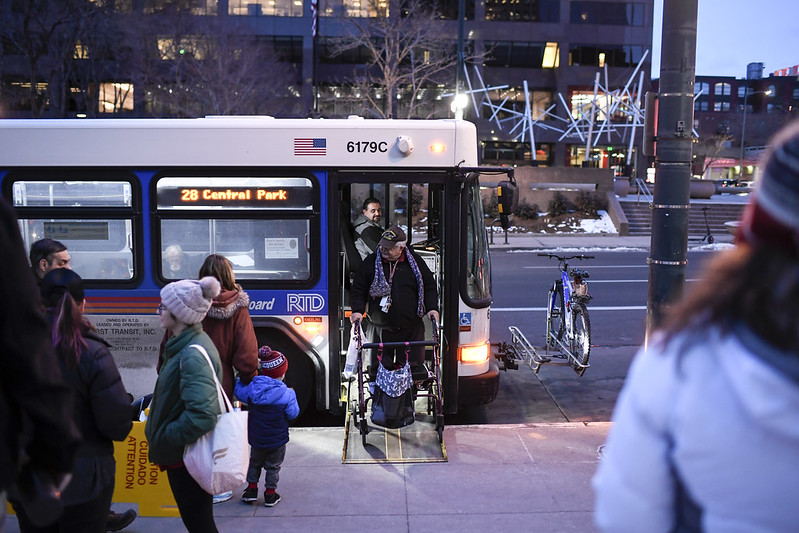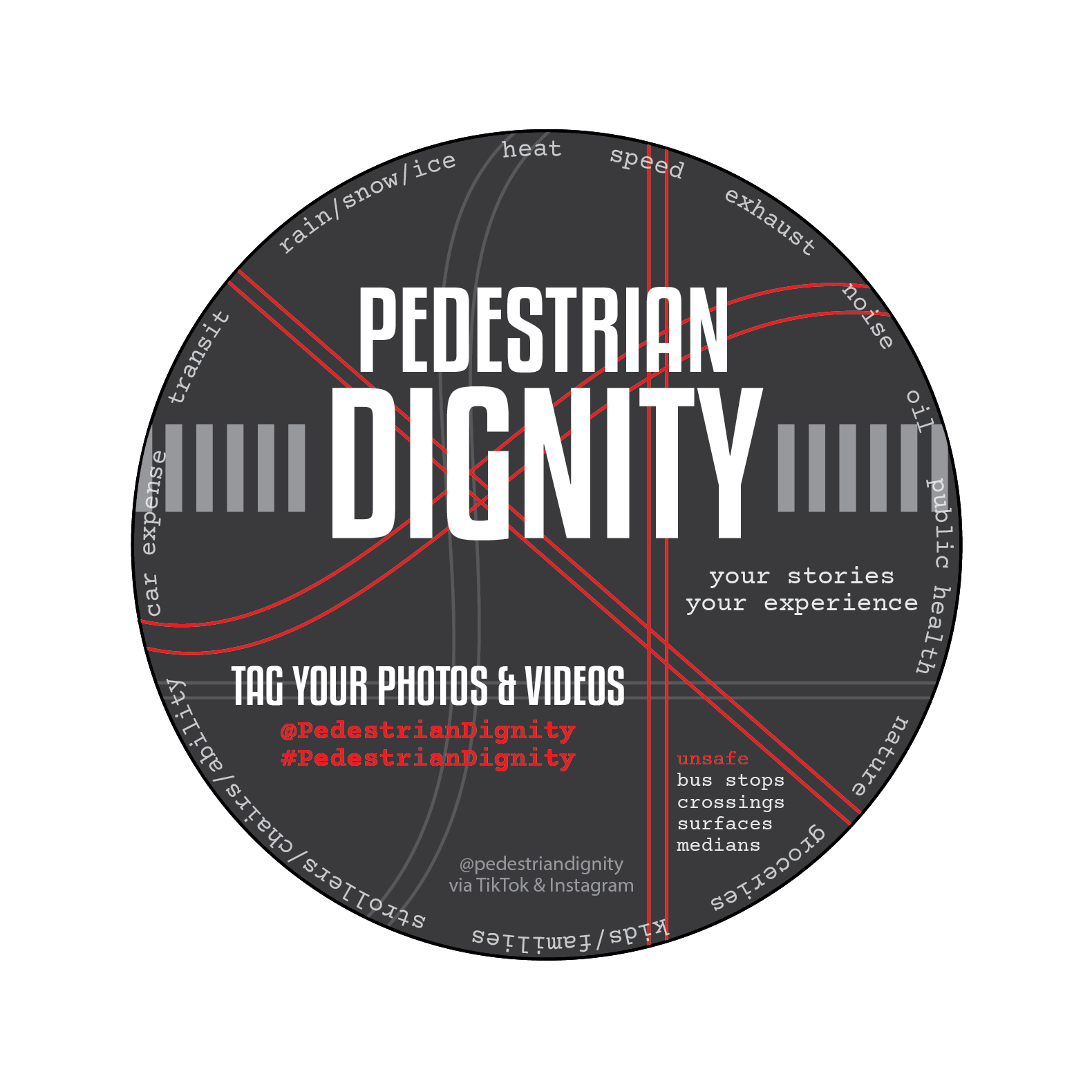
How does this issue affect Denver?
Transportation and housing are the largest expenses for Denver families, and these costs are intertwined. Assuming cars as the default mode of transportation leads to land use decisions that encourage urban sprawl—rather than dense communities near jobs and services—which leaves more people dependent on driving than our city and our climate can sustain. A combination of more driving, larger vehicles, unsafe street design, and a cultural attitude that prioritizes movement by car has led to an increase in traffic fatalities in Denver and even across the state in recent years. Traffic crash fatalities disproportionately affect Black, Indigenous, and People of Color (BIPOC), and “people living in lower-income areas are less likely to have access to safe walking and biking facilities” (report by NHTSA, page 5). The City of Denver needs more momentum to prioritize the needs of people who walk, roll, bike, and take transit in order to meet its climate and sustainability goals—and because the dignity of all people, no matter how they get around, matters.
As a decision-maker for Denver, your work on transportation planning, policies, and funding impacts all of us, and we want you to have the opportunity to learn with us. That’s why we are inviting you to commit to National Week Without Driving, October 2–8.




